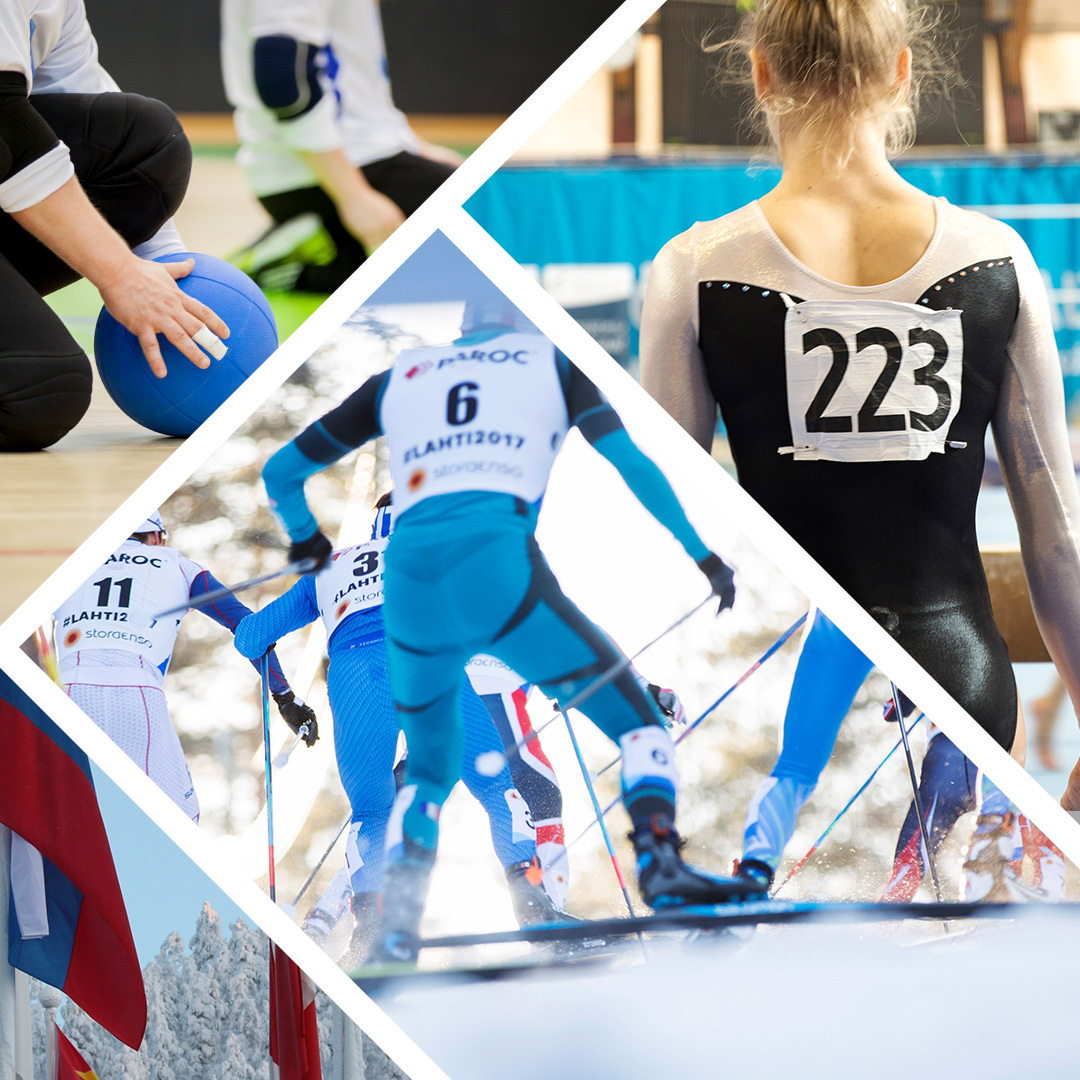Doping tests are mainly conducted without prior notice in connection with competitions, excluding championships where the rules of the International Federation govern the obligatory sample collection procedures. Consequently, it is recommended for the competition organiser to contact FINCIS’ office well in advance.
The organisers of both national and international competitions are responsible for arranging in-competition doping tests under the rules governing doping control. The organisers are advised to prepare for doping tests in advance.
Typical process of a doping test
A doping test team arrives at the venue either before the competition or during it, depending on the nature of the competition and sport.
Members of the doping test team must always present a valid authorisation granted by FINCIS to perform the tasks, for example, a Doping Control Officer, Assistant or Chaperone ID issued by FINCIS.
The doping test team contacts the competition director, organiser or team leader, introduces themselves, explains the tests to be performed and presents a written letter of authorisation issued by FINCIS. The Doping Control Officer may also ask the representative of the organiser to assist if the doping tests are to be arranged on the basis of a draw of athletes and in arranging the tests.
The DCO typically requires the following information and resources to conduct the doping tests appropriately:
- information on the competition schedule,
- information on the participants,
- appropriate facilities and
- chaperones to assist in inviting athletes to the doping test (if necessary).
Doping test facilities
It must be possible to supervise athletes in the doping test facilities appropriately. Urine samples must be provided in full view of the person supervising the sampling. It must be possible to carry out doping tests confidentially, respecting the athlete’s privacy, and to prevent unauthorised persons’ access to the testing facilities.
If possible, the doping test facilities should consist of three separate rooms that are preferably interconnected: a waiting room or waiting area, a doping test room or area and an area for sample collection (a separate space for the collection of blood samples).
Doping control in international competitions
At major international competitions in particular, the following issues should be considered:
- The waiting room or area must be large enough to accommodate all athletes selected for testing, their representatives and the members of the doping test team.
- The waiting area should be separated from the testing room to allow for undisturbed and confidential operations in the doping test room.
- There must be enough seats for the athletes and their representatives in the waiting room or area, as well as a sufficient quantity of unopened, caffeine-free and non-alcoholic beverages.
- At major events, the waiting room can also be equipped with a television set and a results display, for instance. It is important that the access of unauthorised persons to the doping test facilities can be restricted.
The doping test room or area must be a separate space that can be preferably locked or at least monitored and accessed only by the members of the doping test team, the athlete to be tested and their representative. The testing room must be directly connected to the area for sample collection. Athletes must be provided with seating and allowed to carry out actions related to the doping test undisturbed and confidentially while respecting their privacy.
If possible, the area for sample collection should be a toilet cubicle large enough to accommodate both the athlete and the sample collection supervisor and be directly accessible from the doping test area.
The area reserved for the collection of blood samples should be separate from other testing facilities, and it should be possible for the athlete to provide the sample lying down, undisturbed and confidentially while respecting their privacy.
Anti-doping chaperones
The chaperones must be adults, of the same sex as the athlete to be tested and have no conflict of interest in carrying out their duties. The role of the chaperones is important with regard to reliable and fair doping control proceedings that comply with rules. In major competitions, particularly international ones, chaperones are always needed. FINCIS will assist in the recruitment of chaperones whenever necessary.
In-competition testing in remote/virtual competitions
Online, virtual and remote competitions are new forms of competing in many sports. In these competitions, athletes are not competing in the same place but, instead, in several different places and the progress of the competition is monitored, for example, through a video connection. If your sport is arranging such competitions, the federation must ensure, either in its rules of competition or in another binding manner, that the athlete’s whereabouts are known during the entire competition and that the information is delivered to FINCIS for carrying out in-competition tests.
If the athlete cannot be reached from the pre-notified place, the athlete may be suspected of violating the Anti-Doping Code concerning the avoidance of doping testing. These matters must be clearly communicated to the participants—for example, in connection with the call for competition—and address information must be collected when the athletes register for the competition. Information about the event and participants must be submitted to FINCIS well in advance and at least seven (7) days before the competition event via email to antidoping@suek.fi.



